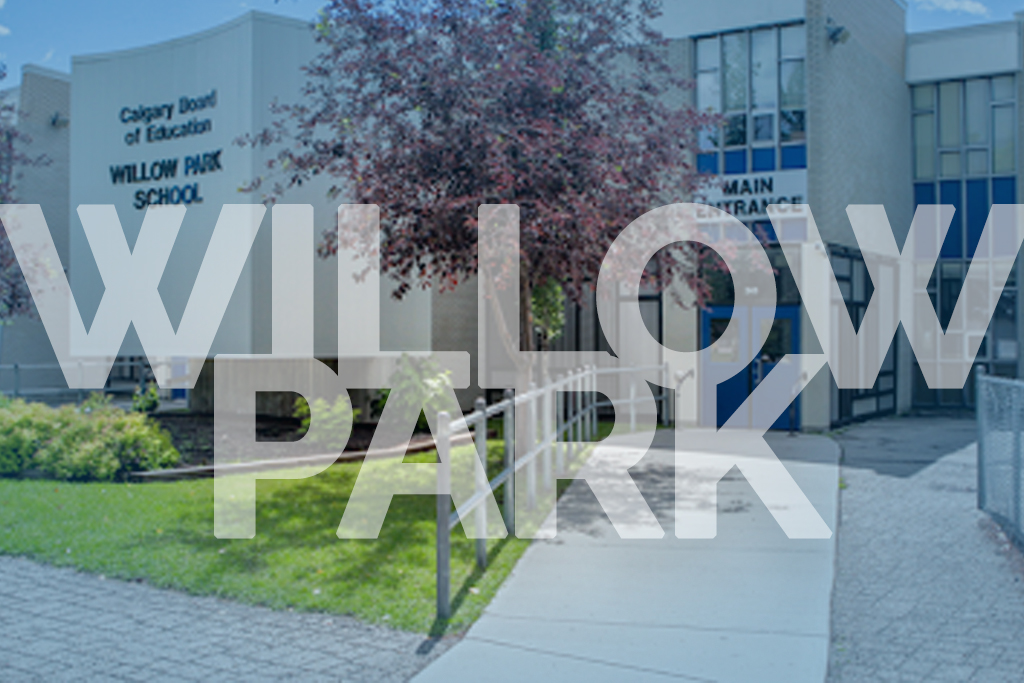Let’s face it, the real estate industry in Canada can be wildly perplexing. From soaring housing prices to bidding wars that feel like they’ll never end, it’s enough to make even the most seasoned homebuyer spin out of control. But fear not, my friends, because in this post, we’re going to dive deep into what makes Canada’s real estate market tick.
First off, let’s talk about the elephant in the room: housing prices. It’s no secret that housing prices in Canada have been on a steady incline over the last decade or so, making it increasingly difficult for first-time homebuyers to enter the market. Sure, there are a number of factors at play here (low interest rates, foreign investment, etc.), but what it really comes down to is a simple case of supply and demand. With more people wanting to buy homes than there are homes available, prices are bound to go up. But don’t despair just yet, because there are still plenty of affordable options out there if you’re willing to look beyond the biggest cities.
Now, let’s talk about bidding wars. If you’re a homebuyer in Canada, you’ve likely experienced the heart-pumping thrill of being caught in a bidding war. It starts off innocently enough – you find a home you love, put in an offer, and wait for a response. But before you know it, you’re caught up in a frenzy of counter-offers and competing bids, each one driving the price higher and higher. It can be exhausting, stressful, and downright frustrating – but it’s also a testament to just how competitive the Canadian real estate market can be.
Of course, it’s not all doom and gloom in the Canadian real estate world. There are plenty of success stories out there, from first-time homebuyers who found their dream home in the most unexpected place to seasoned investors who turned a profit on a property they never thought would sell. It just goes to show that with a little bit of patience, perseverance, and creativity, anything is possible in this industry.
So what does the future hold for Canadian real estate? It’s hard to say for sure, but one thing is certain: this industry is never boring. From new technology and innovative building materials to shifting government policies and global economic trends, there’s always something new and exciting happening in the world of Canadian real estate. So buckle up, my friends – it’s going to be a wild ride.
Rewritten with Quilbot:
The Fascinating and Bizarre World of Canadian Real Estate
Let’s be real, the real estate game in Canada is anything but simple. From astronomical home prices to bidding wars that seem never-ending, it can make even the most seasoned homebuyer’s head spin. But don’t worry, because in this post, we’ll explore the ins and outs of what makes Canada’s real estate market tick.
First things first, let’s talk about the elephant in the room: housing prices. It’s no secret that housing prices in Canada have been climbing at a steady pace over the last decade or so, making it increasingly difficult for first-time homebuyers to get in on the action. While there are a variety of factors at play here (low interest rates, foreign investment, and more), ultimately, it comes down to supply and demand. When there are more people looking to buy homes than there are available homes, prices naturally go up. However, if you’re willing to look outside of the major cities, there are still plenty of affordable options.
Now, let’s chat about bidding wars. If you’ve bought a home in Canada, you’ve likely experienced the heart-pumping excitement of being caught up in a bidding war. It starts innocently enough – you find a home you adore, make an offer, and wait for a response. But before you know it, you’re swept up in a whirlwind of counteroffers and competing bids, each one driving the price higher and higher. It’s exhausting, stressful, and downright frustrating, but it also showcases just how competitive the Canadian real estate market can be.
Despite the challenges, there are still plenty of success stories out there, from first-time homebuyers who found their dream home in an unexpected location to savvy investors who turned a profit on a property they thought they’d never sell. It just goes to show that with a bit of patience, determination, and creativity, anything is possible in this industry.
So, what does the future hold for Canadian real estate? It’s hard to say for certain, but one thing is clear: this industry is never dull. From new technologies and innovative building materials to evolving government policies and global economic trends, there’s always something intriguing happening in the realm of Canadian real estate. So, buckle up and enjoy the ride!



